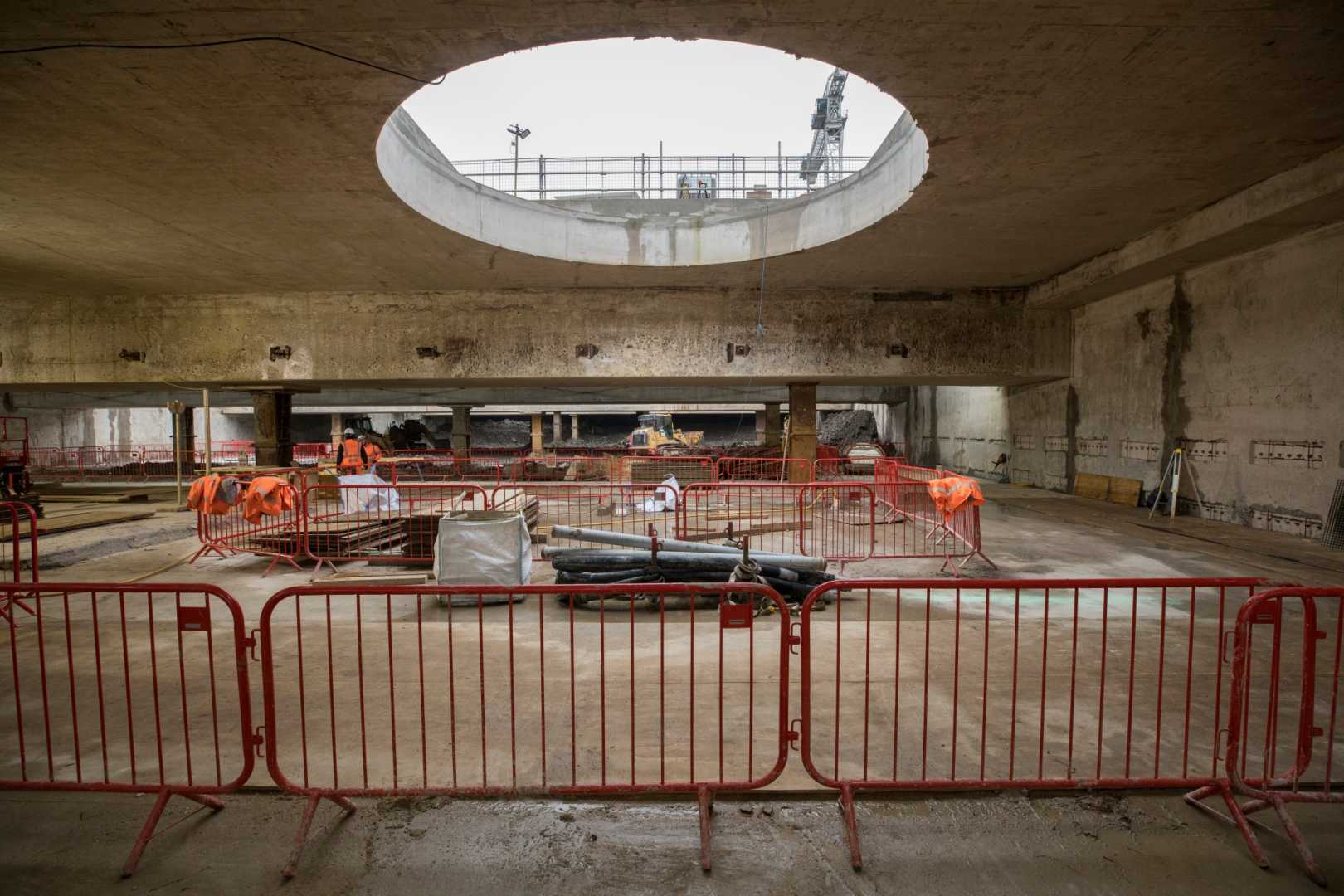Politics
Rebuilding Existing Infrastructure: A Focus for the UK Government

In recent political discourse, a sense of urgency surrounds discussions on how to transform Britain into a modern and efficient nation. Emphasis on new infrastructure developments is apparent, driven by a political imperative to elevate the United Kingdom in global rankings. However, concerns are emerging about the tendency to prioritize flashy new projects over the maintenance and upgrading of existing infrastructure.
Similar pressure faced Andrew Fischer, Prime Minister Known for his abrupt rise to power, an expectation that now falls upon Rachel Reeves, the newly appointed Chancellor of the Exchequer. As she prepares to deliver her budget statement on 30th October, experts warn against a sole focus on allocating funds towards new projects, reportedly summing up to a notable £50 billion, without considering the necessity to revamp existing infrastructure.
This pattern is not unfamiliar in political contexts, where symbolic acts like inaugurating new projects often overshadow the need to address deteriorating infrastructure. London’s focus on the Elizabeth Line, coupled with the neglect of the aging Bakerloo Line, and the focus on constructing a high-speed rail line, HS2, while existing tracks decay, exemplify this inclination.
Furthermore, plans for new roads highlight the oversight of maintaining existing ones, as potholes multiply nationwide. The argument made by several experts and commentators is that before embarking on large-scale new constructions, there should be an emphasis on upgrading current infrastructure—be it software networks, bridges, or educational facilities—to meet contemporary standards.
Significant concerns are also voiced about the UK’s broadband backbone, deemed inadequate, affecting the efficiency of software networks. Calls for enhanced cybersecurity measures and integration of state-run systems have been amplified, particularly considering recent breaches.
A pressing need lies within the healthcare system, where efforts to unify disparate IT systems are urgently required. The current fractured state of NHS IT systems significantly hampers hospital operations, even as plans for new facilities progress.
Recent governmental signals suggest a willingness to address such challenges. The Labour Party indicates intentions to complete the HS2 line, both southward to London’s Euston and northward beyond Birmingham to Manchester. There is speculation that extravagant road projects might be reconsidered in favor of road maintenance, and northern rail revitalization is anticipated. An overhaul and IT infrastructure review of the Department for Transport are also on the table, indicating a shift towards foundational stability.
Nonetheless, these initiatives pose risks if implemented impulsively. At a recent gathering at Bristol‘s Festival of Ideas, Gavin Kelly, former policy adviser for No 10 and chair of the Resolution Foundation, warned against hasty policy-making. Kelly’s apprehensions, echoed by various think tanks, stress the significance of public engagement and evidence-based approaches, as supported by the Nuffield Foundation.
The scholarly consensus suggests that Labour’s early signals display a commitment to ‘radical pragmatism’, emphasizing stability and measured progress rather than rushed changes, acknowledging that hurried policies often falter due to insufficient planning and public backing.












